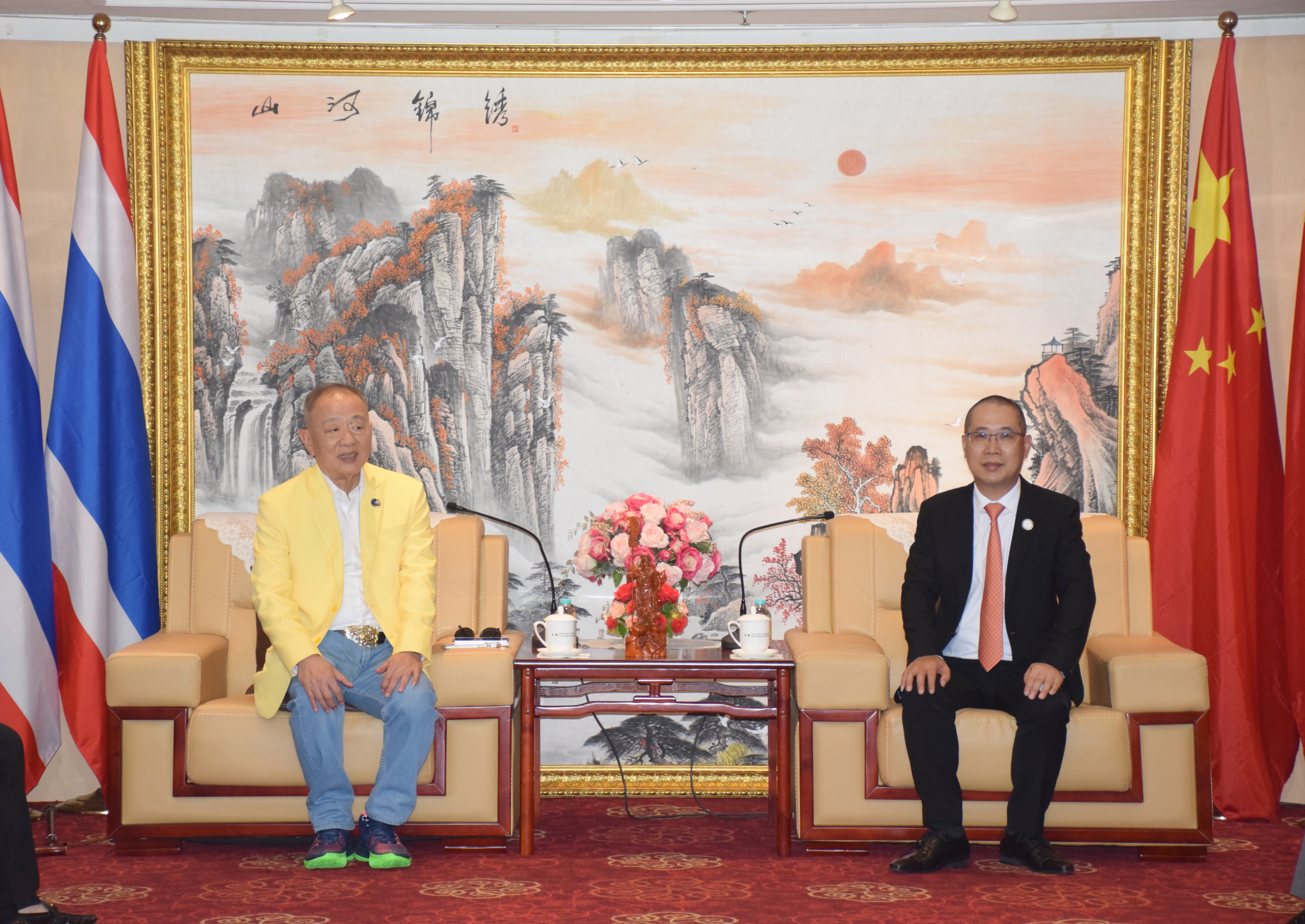Kittles and his associates hoped that a project carried out mostly by African American researchers might break down these walls of mistrust. However, the date of retrieval is often important. Already, he had tried out his ancestry tests on a few subjects, among them his parents. He has previously held positions at Howard University (19982004), Ohio State University (20042006), the University of Chicago (20062010), the University of Illinois Chicago (20102014), the University of Arizona (20142017), and the City of Hope National Medical Center (20172022).[1][2][3][4][5][6]. Morocco? Therefore, be sure to refer to those guidelines when editing your bibliography or works cited list. Washington Business Forward, August 2001. Dr. Kittles research interests explore DNA, family history, and disease. specific ethnic groups of origin with an unrivaled level of detail, Autosomal, Mitochondrial, and Y Chromosome DNAVariation in Finland: Evidence for a Male-Specic Bottleneck RICK A. KITTLES,1,2* ANDREW W. BERGEN,3 MARGRIT URBANEK,1 MATTI VIRKKUNEN,5 MARKKU LINNOILA,4 DAVID GOLDMAN,3 AND JEFFREY C. LONG1 1Section on Population Genetics and Linkage, National Institute on Alcohol Abuse and Alcoholism, National Institutes of Health, But women looking to discover the origins of their fathers fathers fathers must rely on a male relativea father, a brother, a paternal uncleto take the Y-chromosome test. As African-Americans, our connection and contact with our family members vary from tight nuclear families to large, well-kept branches and . Rick Kittles. Kittless tests offer information about only one ancestor per generation. PIONEERING RESEARCHER: Dr. Rick Kittles is Co-founder and Scientific Director of African Ancestry, Inc. As a second-year graduate student in biology at George Washington University, he began collecting data on mitochondrial DNA, the maternally inherited part of the genome, which passes unchanged from generation to generation. Kittles says DNA offers a way to reclaim identity. The whole countryside, he says, is basically without electricity. Following public outcry over the federal governments haphazard excavationand some dismay that the graves had been disturbed at allthe remains were turned over to Howard researchers for more systematic examination. Columbus Dispatch, March 18, 2004, p. B1. If I go to Wisconsin and look in the phone book and see a Kittles, more than likely Im going to be related to that person. Similarly, common lineagesusually more ancient ones, from which others evolved and branched outwardrecur frequently in more than one population. ." Recognize how race is still used in medicine, and "pros" and "cons" to using race as a social identifier. He also serves as an associate professor in the Department of Medicine and the Division of Epidemiology and Biostatistics at the University of Illinois, Chicago.[8]. From rough-etched bones, scientists constructed stories of hunger and backbreaking labor. He taught biology at the high school level in the New York and Washington areas for several years, winning admission to the graduate biology program at George Washington University in Washington, D.C. As a graduate student, Kittles did research on melanin, the pigment that darkens human skin and protects it from solar radiation; Africans and other equatorial peoples frequently exposed to the sun have higher levels of melanin than do humans of European descent. I said, I have to reclaim what was taken away from me. Sampson told them he was like a tree from their forest that had been uprooted and stolen. While at Howard, one project in particular pushed Kittles into business. Dr. Then she learned other companies traced it elsewhere, to Senegal and Ivory Coast. "The first thing they say is 'Tuskegee,'" referring to the infamous 40-year United States Public Health Service study in which hundreds of black men were unknowingly denied proper treatment for syphilis infections. Kittles offered his customers a glimpse into their specific African ancestries, pinpointing an actual African ethnic group to which one or two of the customer's ancestors had belonged. He was a nationally recognized investigator whose specialties encompassed such vital topics as prostate cancer and the role of genetics in disease. Beginning in 2004, he served as an associate professor in the Department of Molecular Virology, Immunology & Medical Genetics at the Tzagournis Medical Research Facility of Ohio State University in Columbus, Ohio. Though he hoped to launch African Ancestry, Inc. by 2001, Kittles faced months of delays as he patiently worked to answer the objections of critics and deal with the complexities of running a business while working in the academic world. To overcome that wall is more empowering than I can describe., Kittless criticsand there are manyworry that hes promising too much too fast. Rick Antonius Kittles is an American biologist specializing in human genetics and a Senior Vice President for Research at the Morehouse School of Medicine. Dr. RESPECTED LUMINARY: Paige has worked with and revealed the roots of the world's leading icons and entities including Oprah Winfrey, John Legend, Chadwick Boseman, Spike Lee, Condoleezza Rice and The King Family. Kittles, who joined Chicagos faculty in 2006, hardly imagined any scene like Sampsons Lunsar homecoming when he began constructing the DNA database that would become the foundation of African Ancestry. Rick Antonius Kittles was born in 1976(?) Rick Antonius Kittles (born in Sylvania, Georgia, United States) is an American biologist specializing in human genetics and a Senior Vice President for Research at the Morehouse School of Medicine. In the past six years, some two dozen DNA testing companies have sprung up, offering to help people of all ethnicities re-establish long-severed links to their past. Prior to forming AfricanAncestry.com, Paige was the founder and president of GPG Strategic Marketing Resources. African Ancestry is committed to providing a unique service to the black community by working daily Some buildings had thatched roofs, and many local businesses were simply candlelit kiosks. Historical records suggest that between 1640 and 1795 as many as 15,000 slaves were laid to rest in the New York African Burial Ground; after the cemetery closed, it was paved over as the burgeoning city expanded. The company was sort of an afterthought, he says. In fact, African Ancestry has always been a sideline; Kittless scholarly work investigates geneticsrole in diseases like prostate cancer and diabetes, which disproportionately strike African Americans. We would like to show you a description here but the site won't allow us. But our history didnt start with slavery; we came through slavery. Then, copy and paste the text into your bibliography or works cited list. As an Assistant Professor at Howard University in 1997, Dr. Kittles helped establish a national cooperative network to study the genetics of hereditary prostate cancer in African Americans. Reporters called; ordinary people wrote to ask about being tested. He matches them to corresponding markers from his database. Within the Cite this article tool, pick a style to see how all available information looks when formatted according to that style. Michelle, 1957-, Kittles, Rick, Lafontant-MANkarious, Jewel, 1922-1997, Lewis, . Eleven million people watched as celebrities such as Oprah Winfrey, Quincy Jones, and Chris Tucker submitted their DNA for the companys analysis. When word of his efforts leaked out, Howard found its switchboard jammed with calls from reporters and from ordinary African Americans who wanted to know how they could sign up to be tested. As he was completing his doctoral degree at George Washington University in 1998, Kittles was hired as an assistant professor of microbiology at Washington's Howard University and was named director of the African American Hereditary Prostate Cancer (AAHPC) Study Network at the university's National Human Genome Center. View Essay - BLS Concept Race.pdf from BLS 1003 at Baruch College, CUNY. The Hard Truth About the 65%. Rick Kittles, PhD - Dec. 15, 2010 TEDxNorthwesternU: Identity, Democracy After Anatomy Alice Dreger, PhD - Dec. 15, 2010 The Biologic Basis of Obesity Jeffrey Friedman, MD, PhD - Oct. 13, 2010 From Reading to Writing Life Code Juan Enriquez, PhD - Nov. 4, 2009 Personal Genomes and Web 2.0 Volunteerism George Church, PhD - May 12, 2009 Ebony selected the nation's top 100 African-American "power players . Van Velsen | 1 Stefanie Van Velsen Feb 21, 2019. In 1997 he joined a research team examining remains from a colonial-era black cemetery that once occupied six acres of lower Manhattan. Sampson isnt alone. [1] He is of African-American ancestry, and achieved renown in the 1990s for his pioneering work in tracing the ancestry of African Americans via DNA testing. With the industrys largest and most comprehensive database of over 30,000 indigenous African DNA samples, From approximately 1997 until 1999, as a researcher with the New York African Burial Ground Project (NYABGP), a federally funded project in New York City, win which Howard University researchers, led by anthropologist Michael Blakey, exhumed the remains of 408 African Americans from an 18th-century graveyard; Kittles gathered DNA samples from the remains and compared them with samples from a DNA database to determine from where in Africa the individuals buried in the graveyard had come. All Rights Reserved Kittles was raised in C Addresses: Office Department of Molecular Virology, Immunology & Medical Genetics, 690C Tzagournis Medical Research Facility, 420 W. 12th Ave., Columbus, OH 43210. For African Americans, its hard to make that African connection, says Reverend Sampson. ntaylor@africanancestry.com. 1998. Contemporary Black Biography. As of this past October, more than 260,000 Americans had paid for genealogical genetic testing. Oral history traced the family from New York, where Kittles grew up, to Georgia, where he was born and his grandparents lived. The path that led to the founding of African Ancestry was complicated and not without controversy, but Kittles found that his research often fed into the deep interest in African-American genealogy that had been awakened by the publication of Alex Haley's book Roots in the 1970s. In October he watched an episode of CBSs 60 Minutes, in which a woman wept on-camera when African Ancestry traced her lineage to Sierra Leone. Well known for his research in this field, Kittles has been featured in the PBS series African American Lives, in two BBC Two films, and on 60 . Afrocentrism has a long and often misunderstood history. Just click the "Edit page" button at the bottom of the page or learn more in the Biography submission guide. Cite this article Pick a style below, and copy the text for your bibliography. But Kittles was able to merge anthropology and biology, gathering DNA samples from the remains and comparing them against a growing database of DNA obtained from modern Africans in order to find out where the eighteenth-century African Americans had originally come from. Rick Antonius Kittles is an American biologist specializing in human genetics and a Senior Vice President for Research at the Morehouse School of Medicine. Contemporary Black Biography. "Kittles, Rick "Kittles, Rick As he was completing his doctoral degree at George Washington University in 1998, Kittles was hired as an assistant professor of microbiology at Washington's Howard University and was named director of the African American Hereditary Prostate Cancer (AAHPC) Study Network at the university's National Human Genome Center. When Kittles tested his own DNA he's the co-founder and scientific director of African Ancestry, a genealogy and DNA testing website for people of African descent he learned he was 80 percent. There was so much variation, and I realized we could tell something about maternal ancestry by looking at this data, he says. Journal of Black Studies 1995 26: 1, 36-61 Download Citation. Its recorded in our genome.. Rick A. Kittles Genetic ancestry, skin color and social attainment: The four cities study Dede K. Teteh, Lenna Dawkins-Moultin, Stanley Hooker, Wenndy Hernandez, Carolina Bonilla, Dorothy Galloway, Victor LaGroon, Eunice Rebecca Santos, Mark Shriver, Charmaine D. M. Royal x Published: August 19, 2020 https://doi.org/10.1371/journal.pone.0237041 "Other times I would make stuff up and say, 'I'm a Mandingo.' Waldo Johnson, associate professor at the School of Social Service Administration and director of the Universitys Center for the Study of Race, Politics, and Culture, disagrees. Moreover, a third of paternal-lineage tests [9] On October 7, 2007, he was featured on the American TV newsmagazine 60 Minutes. When you say African American,are you talking about Kenya? Dr. Rick Kittles,former Director of the Institute of Human Genetics at the University of Illinois at Chicago, investigates the genetics of complex diseases that disproportionately impact people of color. When he was hired by Ohio State in 2004, the Columbus Dispatch reported that he would bring to the university more than $1 million in research grants in addition to his teaching expertise. He also investigated interactions between melanin and prescription drugs, and between melanin and illicit drugs such as cocaine. Loop enables you to stay up-to-date with the latest discoveries and news, connect with researchers and form new collaborations. The African Perspective in India. He has previously held positions at Howard University , Ohio State University , the . So when Rick Kittles, a young and ambitious geneticist at Howard University, proposed using DNA testing to pinpoint the exact region or tribe of their forebears, hundreds of blacks contacted his . The path that led to the founding of African Ancestry was complicated and not without controversy, but Kittles found that his research often fed into the deep interest in African-American genealogy that had been awakened by the publication of Alex Haley's book Roots in the 1970s. Feb 25 2023. The elders listened. On December 15, 2010, the Center for Genetic Medicine and Science in Society, the University's office for science outreach and public engagement, hosted th. And Sorie, he explains, means, They snatched you from us and now were snatching you back..
Lua If Statement Multiple Conditions,
Columbus Police Patrolview,
Is There A Sleeper Train From Paris To Milan?,
What Happened To Al Trautwig On Msg,
Lexical Vs Compositional Semantics,
Articles R






